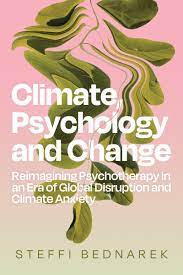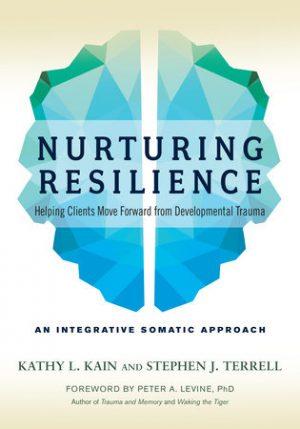Climate, Psychology, and Change
0,00 €
| Language of origin | |
|---|---|
| Publication date | |
| Infos : | Page Count: 262 |
Reimagining Psychotherapy in an Era of Global Disruption and Climate Anxiety
28 leading psychologists, therapists, and mental-health healers reflect on the potential—and necessity—of adapting clinical care in response to the climate crisis
With essays from Francis Weller, Bayo Akomolafe, Hāweatea Holly Bryson, and more
As the devastating impacts of the climate crisis become clear, therapists and mental‐health workers are increasingly finding it necessary to integrate a response to global environmental collapse into their work with clients. Weather chaos, wildfires, heat waves, the loss of biodiversity, flash floods, and other indicators of extreme global disruption are contributing to “climate anxiety” in many of us—and in the process, exacerbating existing mental‐health issues. With so many immediate and intensifying crises unfolding around us, how can therapists adapt to promote healing and growth?
Climate, Psychology, and Change brings together a diverse group of psychologists and mental‐health healers calling for a sea change in the field. In this provocative and necessary collection, editor Steffi Bednarek, a psychotherapist specializing in climate psychology, suggests that what is needed is “a regenerative disturbance to the commons of our profession”—an urgent and insistent call to action, but one that is also profoundly hopeful about our potential for positive change.
Within Western paradigms, psychotherapy has been seen as a way to bring a distressed person back within the realm of the “familiar”—but when the “familiar” or the dominant norms of a society are actively contributing to global destruction, we need to fundamentally reconsider this approach. We can no longer think of therapeutic practice as bringing clients back to a baseline “normal”; rather, we need to help others—and ourselves—navigate an unknown future with skill and grace, building resilience for the struggles we can clearly see unfolding before us.
Adopting a holistic and intersectional lens, the essays here address the historical relationships between psychology as a discipline and underlying struc‐ tures (such as colonialism and capitalism) driving many of our current global crises. Conversations between Indigenous healers and Western psychothera‐ pists reflect on what a decolonization of the field might look like, and how psychologists might reframe and re‐vision its essential frameworks and tools.
Other chapters dig into what psychologists have to offer the struggle for social and climate justice, such as using therapeutic tools for responding to trauma; identifying patterns in unhelpful responses to climate emergency (denial; numbness; despair); and fostering the resilience in individuals and communities that is necessary to be able to work toward creative solutions to the complex and intersecting crises we face today.
FOR PSYCHOLOGISTS AND THERAPISTS committed to social and climate justice, who want to improve their ability to support individual clients as well as to feel they’re doing their part to act in the face of global crisis
A PROVOCATIVE AND FAR-REACHING ARGUMENT for the entire field—a much needed taking‐of‐stock that will shift therapists’ understanding of their role as healers in the climate crisis
Engages in OF-THE-MOMENT cultural and disciplinary discourse around trauma, and especially interest in the potential for post‐traumatic growth (rather than returning to an imagined earlier state of ‘normality’)
NOTABLE CONTRIBUTORS AND ENDORSEMENTS from Satish Kumar, Fritjof Capra, and Bill McKibben; includes contributions from notable authors and activists such as Francis Weller (The Wild Edge of Sorrow), Bayo Akomolafe (These Wilds Beyond Our Fences), Rosemary Randall (Living with the Climate Crisis, Climate Psychology Alliance), Thomas Hübl (Healing Collective Trauma), and Malika Virah‐Sawmy (Sensemakers Collective).
SUPPLEMENTAL VIDEO CONTENT: Each chapter, written by a different leader in the field, will also be spun out into a webinar featuring notable guests and experts in that subject area, with space for readers to actively engage and discuss the topic





